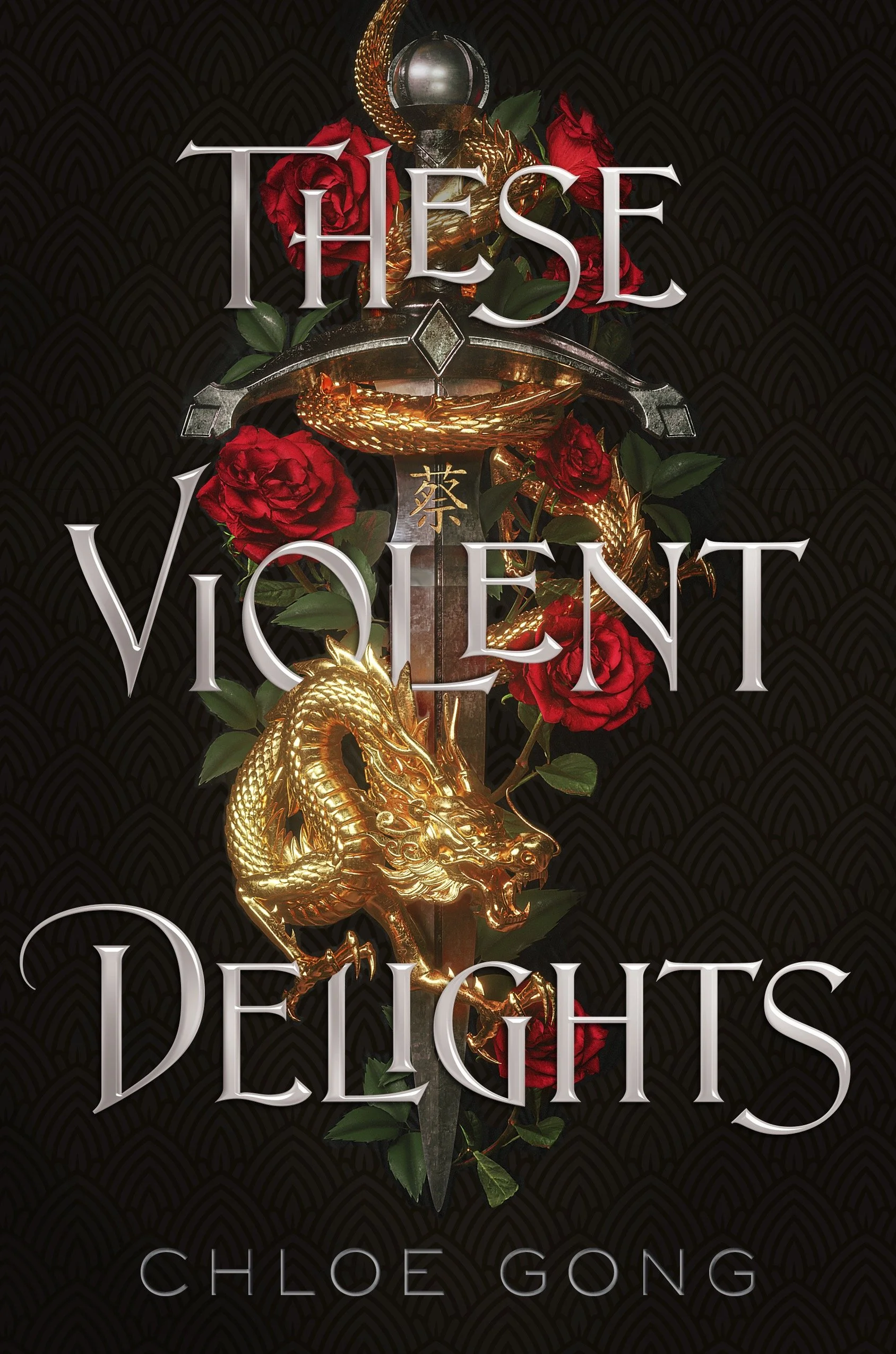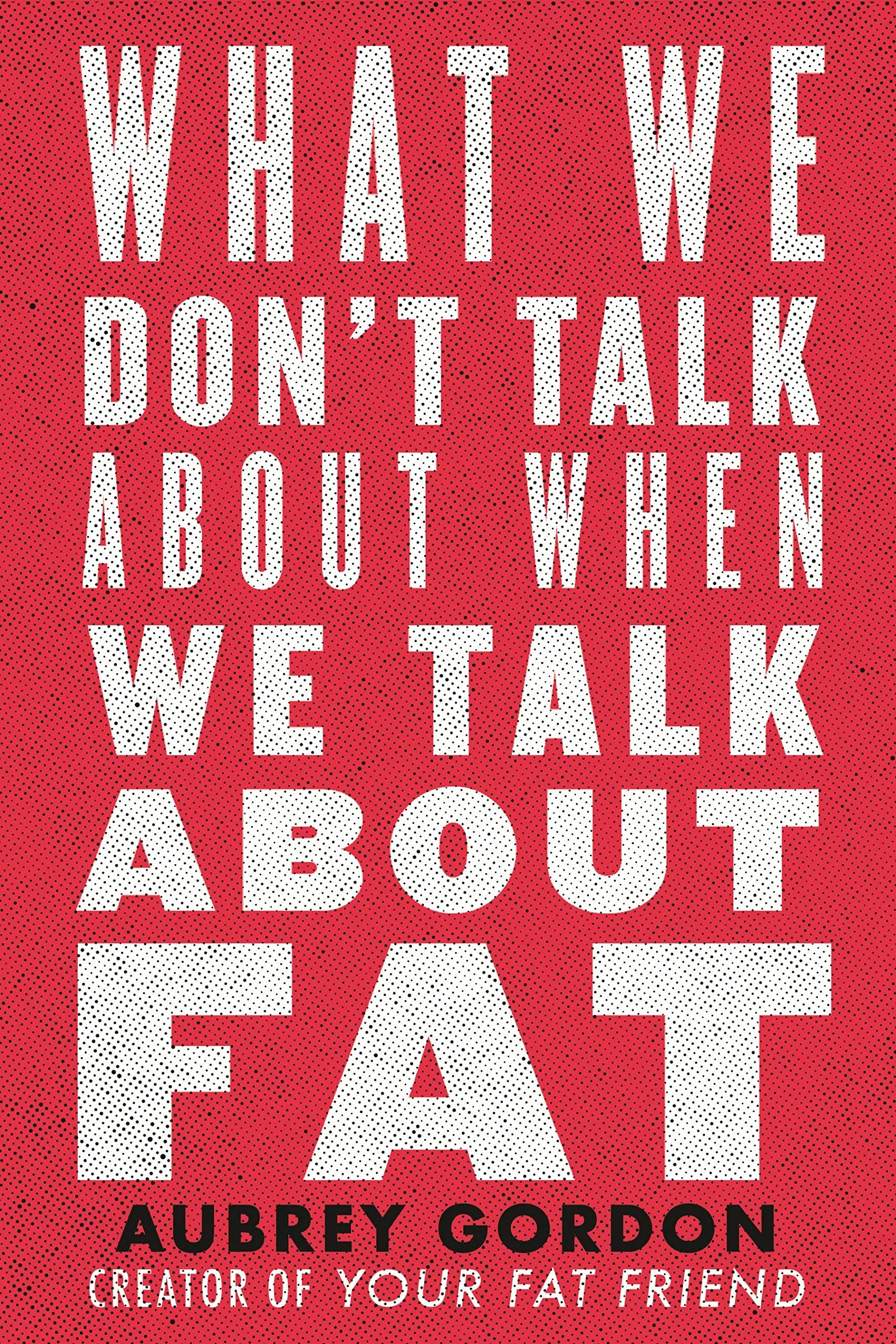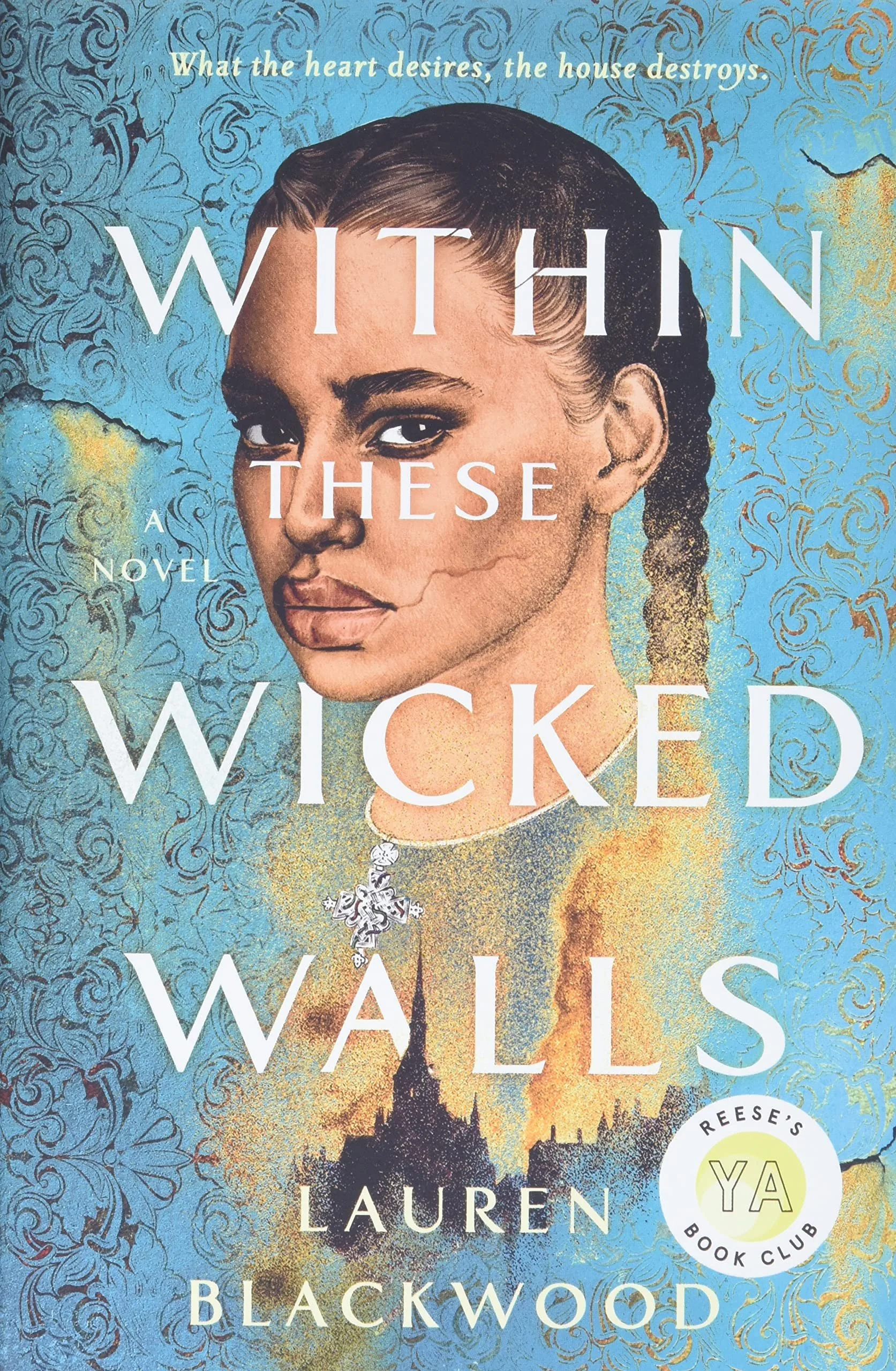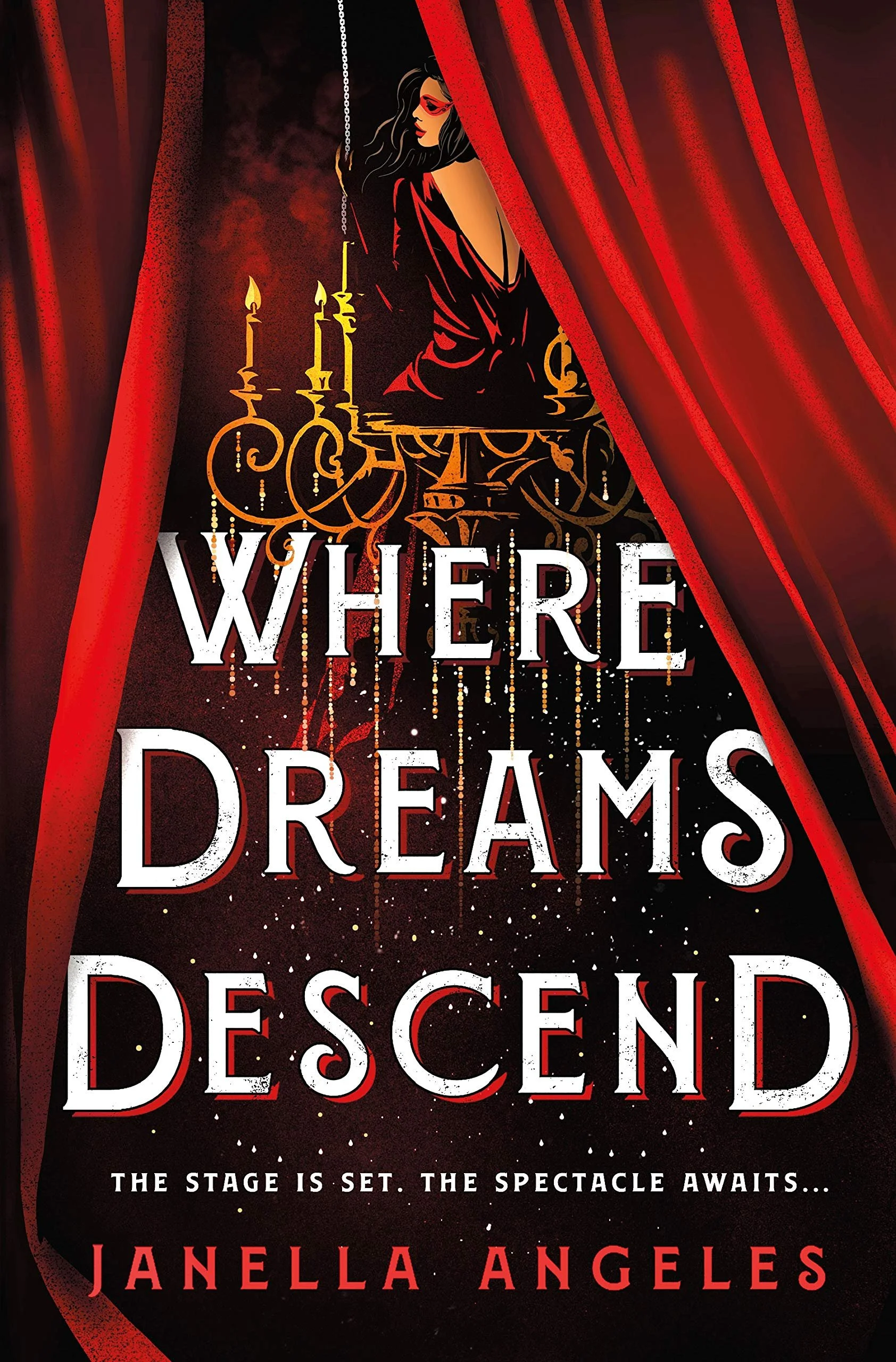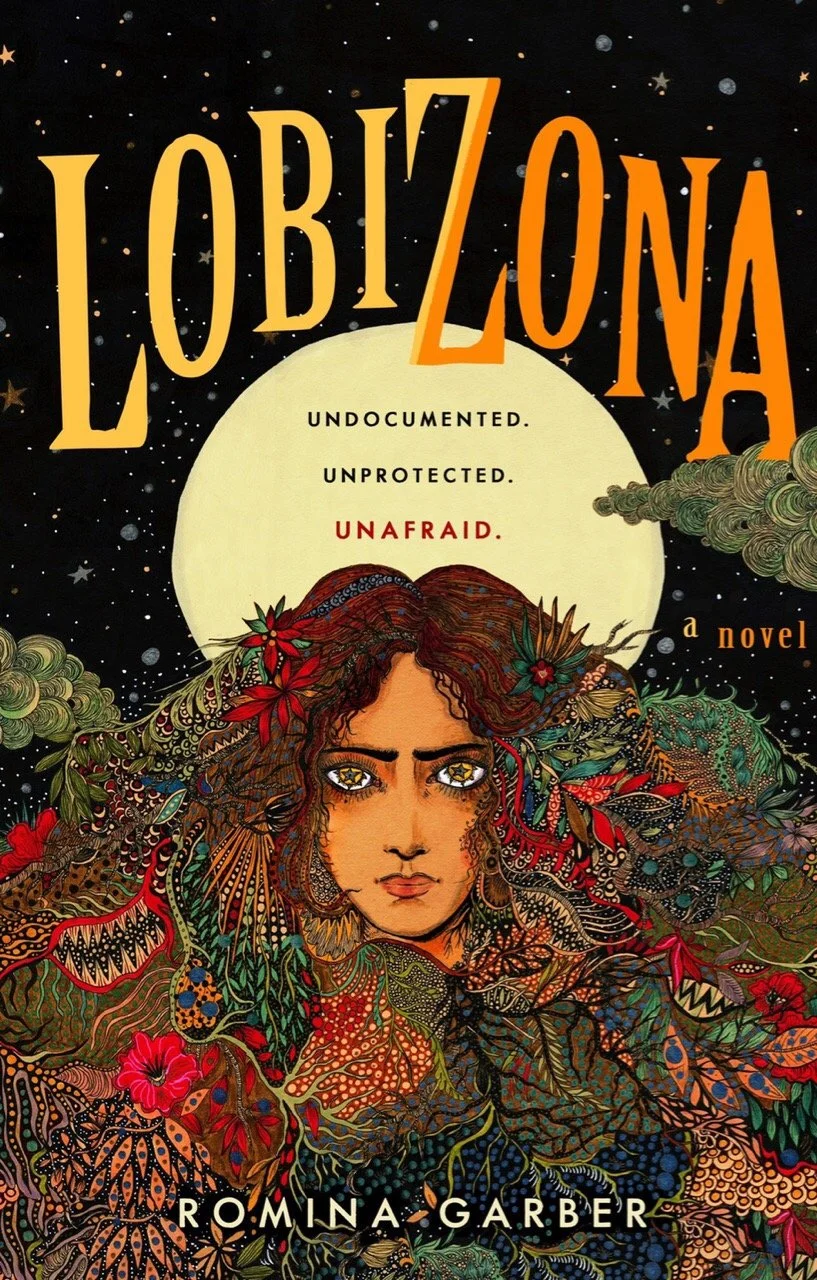Review: These Violent Delights by Chloe Gong
I had begun this book a few months ago and only made it partly through the first chapter; I was reading with a friend who read about a hundred pages and DNFed, so I just put it down and decided to read it later. My book club picked this for this month so later became today!
Starting out with what I liked about this story. I really loved the setting. Gong does an excellent job of rooting the reader in place and really bringing Shanghai to life on the page. I was so in love with the way she describes place throughout this book. I found this to be one of the most consistent aspects of this story.
I also really loved the way Gong writes action. Every time we came across an action scene, I was absolutely glued to the page. She really does an excellent job of writing physicality in general, but especially chase or fight scenes. There is one in particular (it is part chase, part fight) that really immerses the reader in a very clear, very high-energy action sequence. I was so excited while reading; if I had been in a chair, I would have been on the edge.
I also loved when the book would cut away from our two main characters and put the reader in the heads of some of the side characters. I really thought the side characters had well-developed and immediately identifiable voices. I was especially glued to Kathleen's scenes. Really just if Kathleen was on the page, I was interested. I did, at times, wish I was reading this book from Kathleen's perspective entirely.
Transitioning into something I felt more conflicted about, Rosalind. At first, I thought Rosalind's character was being used to set up a really interesting character journey for her and Juliette. I thought that through Rosalind, Juliette was going to realize that she is working to uphold a patriarchal power structure that is almost certain to leave behind women like Rosalind, her sister, and the other women of the Scarlett Gang. And there is a chance that this was being set up by Gong, and it continues on in the next book, but Rosalind isn't in much of the last third of the book, and Juliette, at the end of the book, has not analyzed her relationship to power or to Rosalind. I am just worried that Rosalind will be more of a villain than a foil, but I would be delighted to be incorrect!
This brings me to the fact that I don't think I will be finding out if I am incorrect. I don't think I am going to read book two. I might read the spin-off series. But I asked some folks a yes or no question about book two, and the answer to that question popped my interest in reading further.
One of the first things that didn't work for me in this book was Juliette and Roma's character voices. I found while reading the first half of this book, there were many times where I wasn't sure whose point of view I was meant to be in. This was not an issue I had with any of the side characters weirdly. But when the leads were narrating, I just found them so similar. There was finally a moment about halfway through the book where I started to be able to differentiate Roma from Juliette.
Another early thing I didn't like was that Juliette and Roma already had a history as a couple that we didn't see. I thought maybe we would get flashbacks, but instead, we just waited for the characters to relay details about their past. Some of the most interesting things that happened in this story happened in their initial courtship, and it was all past tense and really lacked immediacy. I do like romance books that are 'second chance' romances, and they obviously start the reader in a place where the characters have history.
I just felt so disappointed when I would hear about something that had happened when I would have adored that moment being visceral and in the present. It felt like I was being told over and over that these two people had chemistry, that they had history, and that they had tension, but I didn't really get the chance to feel those things. The two also just don't have that much page time actually together, especially in the first half of the book. I just didn't think they spent enough time as a couple actually building the tension of their relationship.
I also wanted more of the fantasy element of this story. I was really interested in seeing a power originating in Shanghai to counteract the nefarious invading magical force. Throughout this book, I just kept feeling like the magic was almost unnecessary due to its underuse. With a few tweaks, most of this story could stay exactly the same and have zero fantasy elements.
Another thing I didn't like about their dynamic is a place where Gong diverged from the original. Obviously, it is totally fine for Gong to pick what of the original she wants to include; I just think she and I find different aspects of the original story interesting. In this telling, Roma and Juliette are very active in the cyclical violence of the story. They are, in part, the orchestrators of the strife coming in the story. In the original, Romeo and Juliet are being tossed around by fate, the stars themselves have it our for the couple. I really like retellings that maintain the tension of this pair doing everything they can to separate themselves from this cycle, to stop it by ending it in their own actions. I do think there are some interesting things Gong does with them being active participants, particularly with Juliette. But it wasn't enough for me to like this choice generally.
I just really love the tension in a narrative of people grappling with fate. Of characters hurtling toward a fate that the reader can see but the characters are blind to. I think it is really powerful when down well, and I really missed this while reading this book.
Another thing that I didn't like was a good chunk of the culmination of this book relies on the reader needing to want the wealthy powerful gangs to maintain control at the expense of working-class people who have explicitly been established as being underpaid and literally dying in droves. I was very much on the side of the working class people here.
In general, I just really hated the way this book was paced. There is so much information in the first 3/4 of this book that is repeated to the reader; we spend so much time rehashing and reestablishing every time we get a new piece of information. It was a really frustrating reading experience where I felt like Gong didn't trust her readers to keep up. I normally adore a book most people call too long, but truly I would fight the person who edited this book. There was so much in here that I think was interesting and well done, but it was smothered by near-constant repetition.
I know the author was very young when she wrote this book, so I tried to pay extra attention to reading this story generously, but I just could not enjoy the way this story was slowly metered out. It was such an inconsistent experience for me. Gong writes action so well, and she wrote the final revels in such an engaging way I didn't even care that I had known for over a hundred pages. But the book dragged on so much (which I guess one could say about my review, but no one is paying me for this, and my readership is much smaller, haha). There were just so many instances where the reader was told about really interesting events but didn't get to actually experience them happen.
Now, the thing that maybe I hated the most about this reading experience: Mercutio. Mercutio in this story is Marshall. and he does not die. Twice. TWICE. The reason this upset me was it really felt like Gong was pulling her punches. Mercutio's death in the original play is what shows the characters and the audience the true price of cyclical violence. In the play and in this book, there had been other deaths, but seeing a character who we had grown to care about die of preventable violence is one of the most powerful assertions of the predominate lesson of the play. That violent delights have violent ends.
It just felt like Gong was engaging with so much about this story, but not with this lynchpin scene. I felt like she set up this violent world like she was taking the reader on this journey to show the violence of the place and time, the violence of being colonized, and not being able to have stable self-government. But she backed off the immediate heart wrenching consequences. Side characters died almost constantly in this book, but if you were alive when this book started and you are important to Juliette or Roma, you ended this book alive.
When we got to the end of this book, and Juliette shoots Marshall, I immediately felt like I had misjudged Gong, like she wasn't afraid of real gut wrenching consequences for her characters and the reader. And then no. He was alive and now in hiding with Juliette. I did kind of expect this; if there hadn't been an epilogue, I would have searched reviews of book two for Marshall's name. Because once I realized that we weren't going to see his dead body, I knew that that was because he was alive. Off-page deaths are obviously never to be trusted. The way he didn't die is clever; Gong uses a very similar plan as Juliet does in the play to fake her own death. I did think that was clever.
But overall, if I hadn't been reading this book for my book club, I might have DNFed this book the first time she pulled this punch. I truly think these emotional consequences are core to the reason Romeo and Juliet works. Omitting this really showed me that what I was interested in about this story and what Gong was interested in really diverged. Which is fine; obviously, I don't need every book I read to be a book I like. It is just always a bummer when you go into a book assuming you are going to love it only to have that slowly chipped away.
I gave this book 2 stars.

